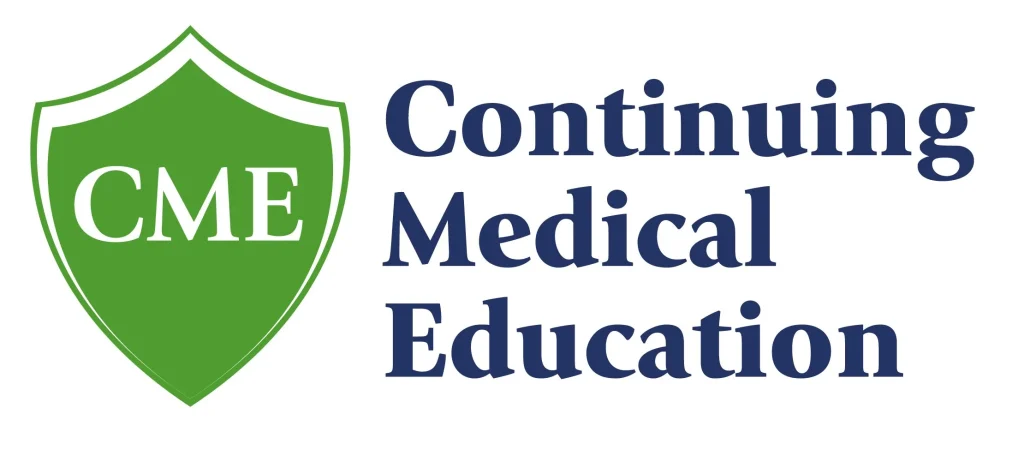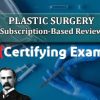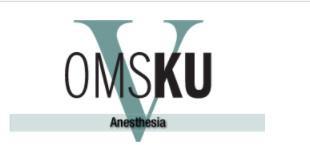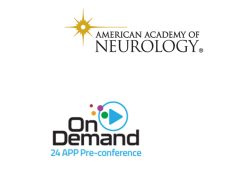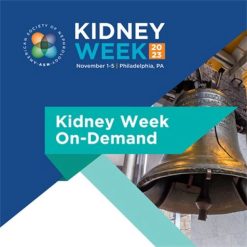-
×
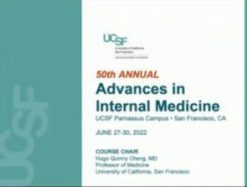 UCSF 50th Annual Advances in Internal Medicine 2022
$95
UCSF 50th Annual Advances in Internal Medicine 2022
$95 -
×
 USCAP Contemporary Issues in Breast Pathology 2022
$125
USCAP Contemporary Issues in Breast Pathology 2022
$125 -
×
 AAN 2024 Fall Conference On Demand
$130
AAN 2024 Fall Conference On Demand
$130 -
×
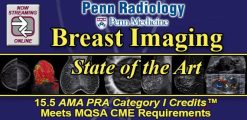 Penn Radiology – Breast Imaging State of the Art 2018
$35
Penn Radiology – Breast Imaging State of the Art 2018
$35 -
×
 Perface Academy HARM (Hybrid Rhinoplasty Advanced Mentoring) 2. 2023
$60
Perface Academy HARM (Hybrid Rhinoplasty Advanced Mentoring) 2. 2023
$60 -
×
 AACE Annual Meeting On Demand 2018 (Videos+PDFs)
$30
AACE Annual Meeting On Demand 2018 (Videos+PDFs)
$30 -
×
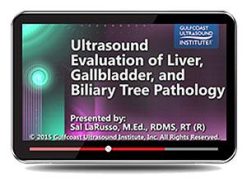 Gulfcoast Ultrasound Evaluation of the Liver, Gallbladder and Biliary Tree Pathology (Videos+PDFs)
$15
Gulfcoast Ultrasound Evaluation of the Liver, Gallbladder and Biliary Tree Pathology (Videos+PDFs)
$15 -
×
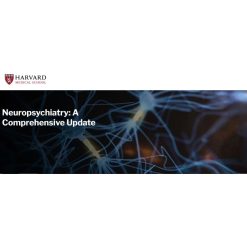 Harvard Neuropsychiatry: A Comprehensive Update 2023
$90
Harvard Neuropsychiatry: A Comprehensive Update 2023
$90 -
×
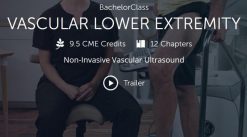 123Sonography Vascular Lower Extremity BachelorClass 2019
$30
123Sonography Vascular Lower Extremity BachelorClass 2019
$30 -
×
 UCSD Presents Radiology Review Course 2022
$105
UCSD Presents Radiology Review Course 2022
$105
OMSKU V- Anesthesia
$100
SKU: b37d71ab58d4
Categories: Anesthesiology Courses, ENT (Otolaryngology) Courses, Infectious Disease Courses, Neurology Courses, Neurosurgery Courses, Oakstone Course, OMSKU Course, Oral Maxillofacial Courses, Orthopedic Surgery Courses, Pathology Courses, Rheumatology Courses, Surgery Courses
Tags: American Association of Oral and Maxillofacial Surgeons, Board Review Video, board review video course, board video, CME INFO Video, CME Video, download cme info video, download cme video, download medical board video, download medical cme video, download medical video, Medical Board Review Video, medical cme video, Medical Specialty Review Video, medical vide, medical video, medical video course, medicalvideo.store, new, OMSKU V- Anesthesia, OMSKU V- Cosmetic Surgery, OMSKU V- Dental Implants, OMSKU V- Head and Neck Infections, OMSKU V- Microneurosurgery, OMSKU V- Orthognathic Surgery, OMSKU V- Pathology, OMSKU V- Patient Assessment 2017, OMSKU V- Reconstructive Surgery, OMSKU V- TMJ, OMSKU V- Trauma, Oral and Maxillofacial Surgeons, oral Maxillofacial, Specialty Review Video, specialty video, Surgery
YOU WILL GET THE COURSE VIA LIFETIME DOWNLOAD LINK (FAST SPEED) AFTER PAYMENT
OMSKU V- Anesthesia
OMSKU V- Anesthesia:
- Recognize Oral Anticoagulant medications and their indications, in particular the pharmacology of Pradaxa and the associated risks with its use.
- Demonstrate the basics of respiratory monitoring.
- Identify how some of the cardiovascular medications should be managed pre-op, intra-op, and post-op and their interactions and possible complications with anesthesia.
- Compare and contrast ketamine and propofol and the pharmacodynamics and pharmacokinetics of each.
- Define the pharmacokinetics and pharmacology of fospropofol.
- Describe the cardiac valvular disorders and understand the anesthetic considerations for managing patients with cardiac valvular disorders on an outpatient basis.
- Compare and contrast neuromuscular blocking agents.
- Interpret the physiological changes associated with pregnancy and their impact on surgical and anesthetic management, and consequently recognize potential drug interactions for the lactating patient.
- Categorize the stages of spinal cord injury and the guidelines of various levels of anesthesia for specific spinal cord lesions.
- Prepare for the perioperative management of diabetic patients.
- Assess and manage the patient with acute coronary syndrome.
- Review the types and uses of laryngeal mask airways and corresponding techniques.
- Detect the advantages and disadvantages of Dexmedetomidine, particularly in the Oral and Maxillofacial outpatient setting.
- Enhance the depth monitoring of anesthesia in patients.
- Review the pharmacology of the autonomic nervous system.
- Realize the potential of IV acetaminophen as an effective alternative medication to use in the peri-operative period for acute pain management as a component of multi-modal analgesia.
- Evaluate hypertension and its affect on oral and maxillofacial surgery outpatient anesthesia.
- Review common psychiatric disorders and their interaction with medications frequently used in OMS procedures.
- Recognize post operative cognitive dysfunction as it relates to the elderly OMS patient.
Items Included in the Purchase of this Course
Acute Coronary Syndrome
Section: 1 Presentation
Pharmacology of the Autonomic Nervous System
Section: 1 Presentation
Considerations of Cardiac Valvular Disorders
Section: 1 Presentation
Cardiovascular Drugs
Section: 1 SCORM
Chronic Spinal Chord Injury
Section: 1 Presentation
Depth of Monitoring
Section: 1 Presentation
Dexmedetomidine
Section: 1 Presentation
Diabetic Patient
Section: 1 Presentation
Difficult Airway
Section: 1 Presentation
Fospropofol
Section: 1 Presentation
Hypertension
Section: 1 Presentation
IV Acetaminophen
Section: 1 SCORM
LMA Update
Section: 1 Presentation
Neuromuscular Blocking Agents
Section: 1 Presentation
Anesthesia Management of the OSA Patient
Section: 1 Presentation
Postoperative Cognitive Dysfunction
Section: 1 Presentation
Pradaxa: A New Wave in Oral Anticoagulation Therapy
Section: 1 Presentation
Propofol-Ketamine Anesthetics: Infusions and Boluses
Section: 1 Presentation
Management of the Patient with Psychiatric Disorders
Section: 1 Presentation
Management of the Recently Pregnant Patient
Section: 1 SCORM
Respiratory Monitoring: Physiologic and Technical Considerations
Section: 1 Presentation
Anesthesia Feedback, Assessment and Certificate
Section: 1 Assessment 1 Certificate 1 Survey
| Vendor |
|---|
